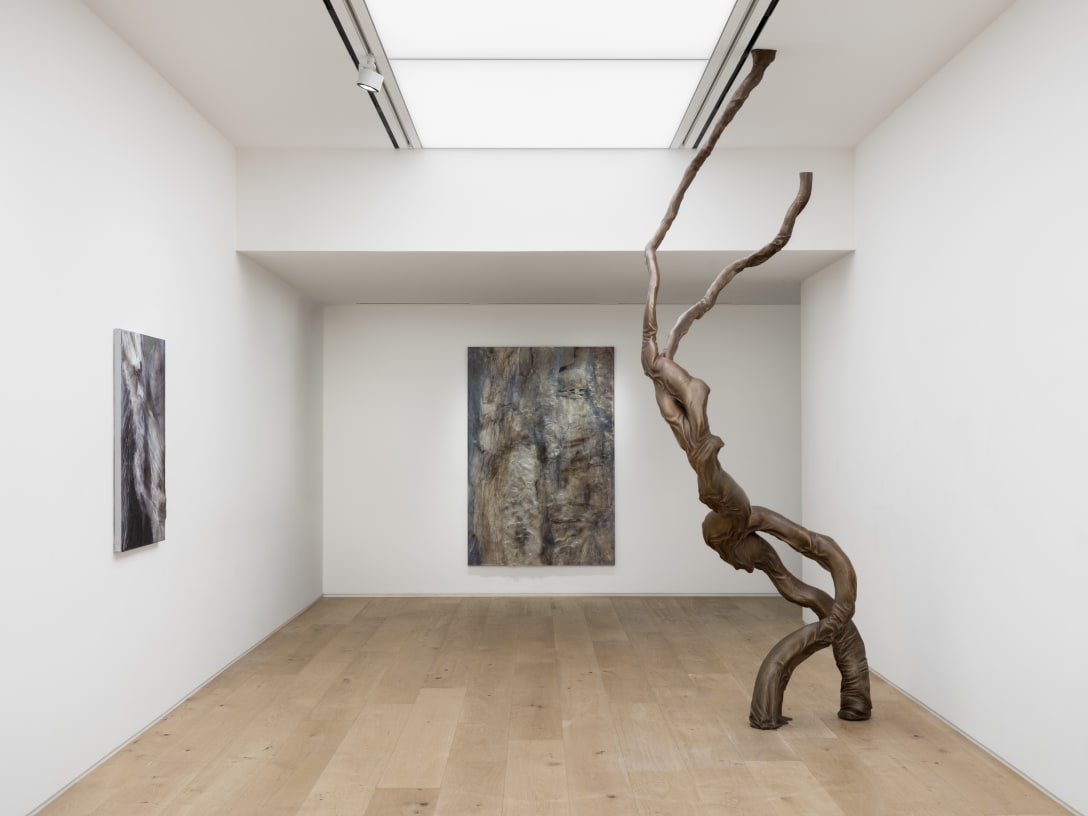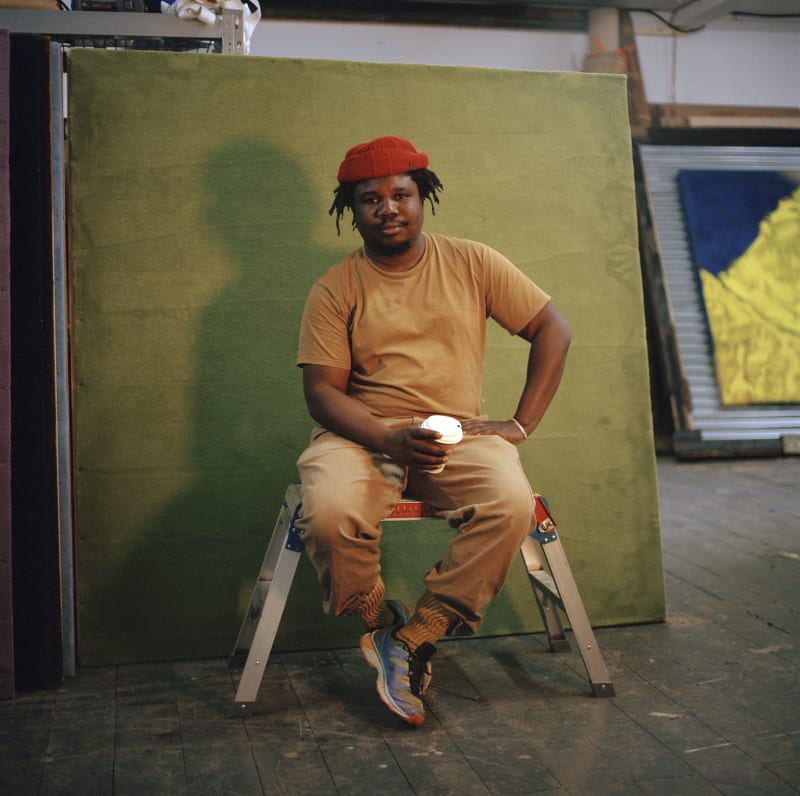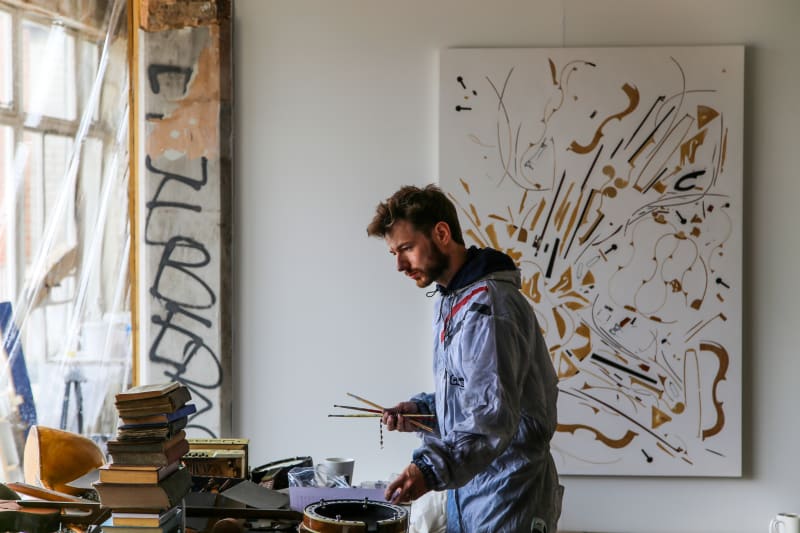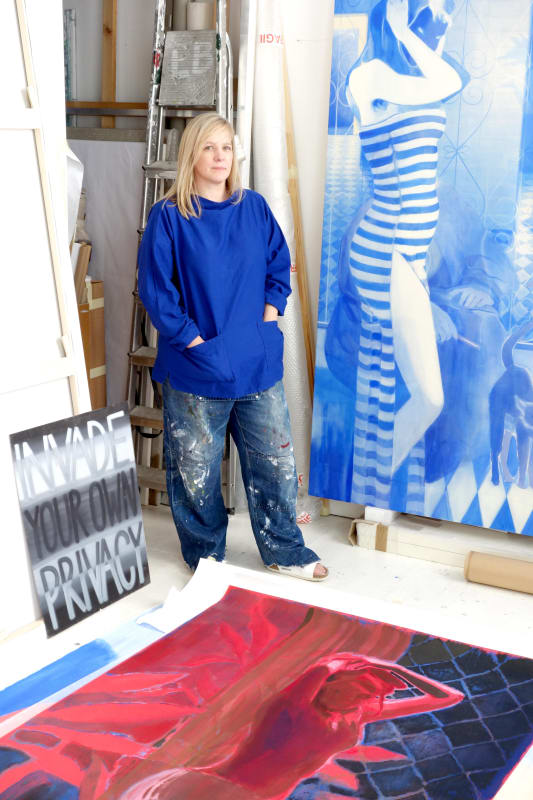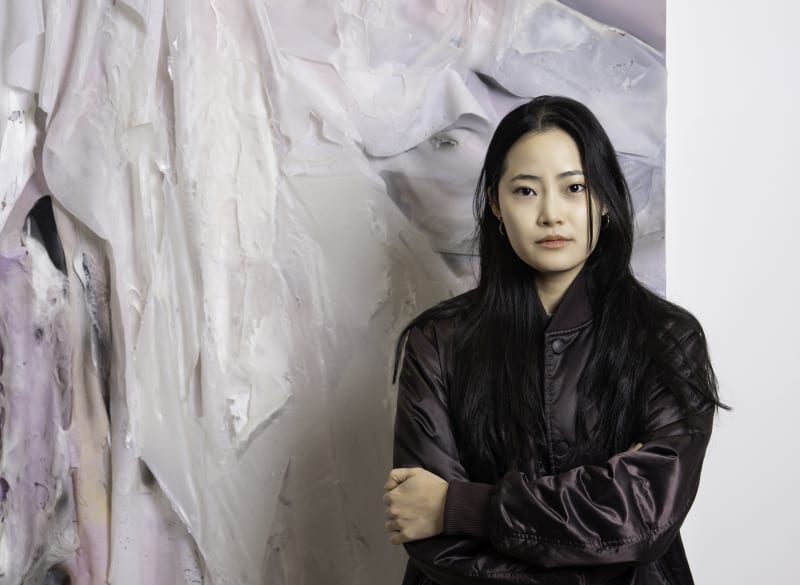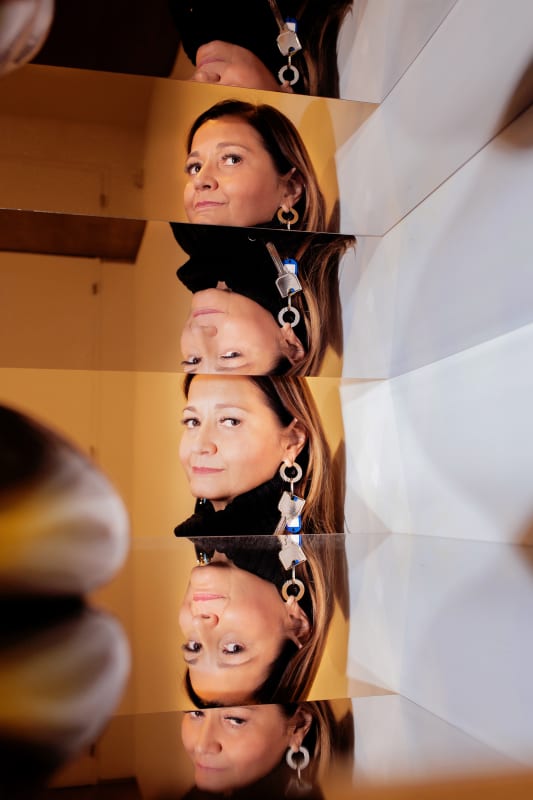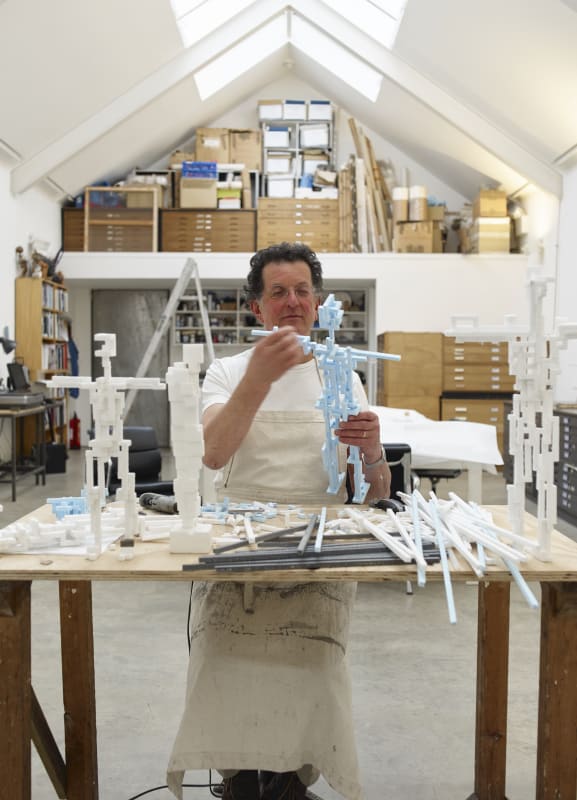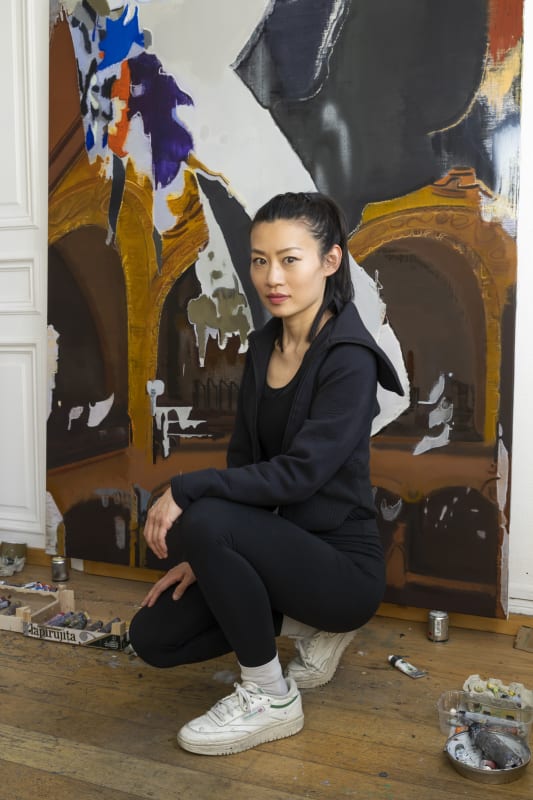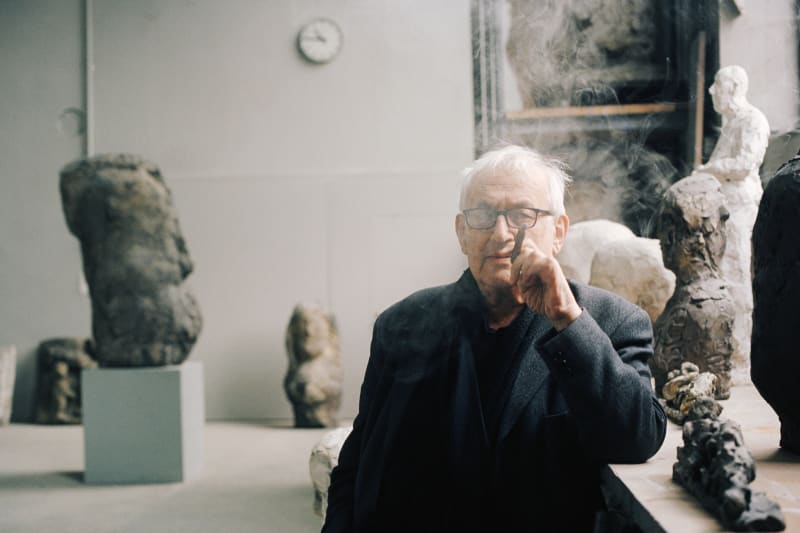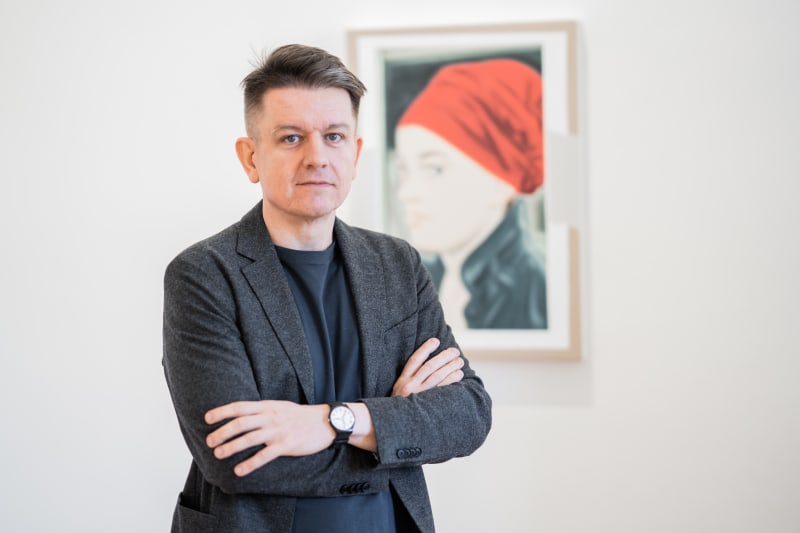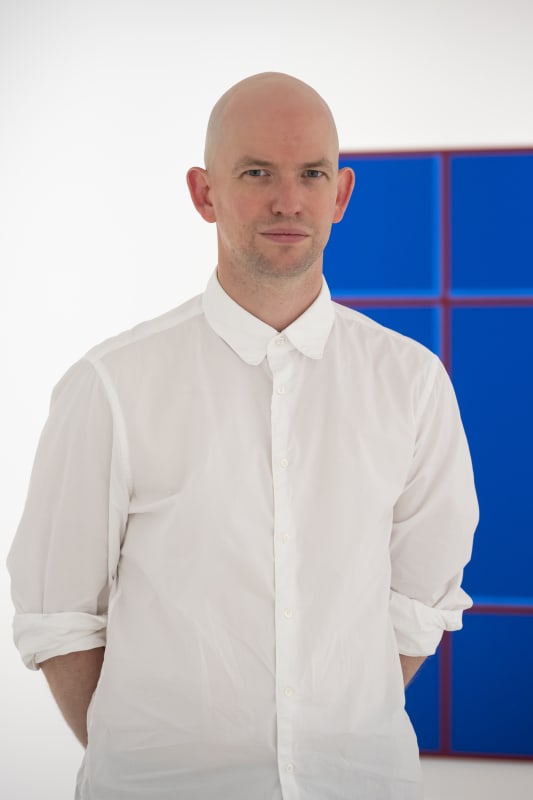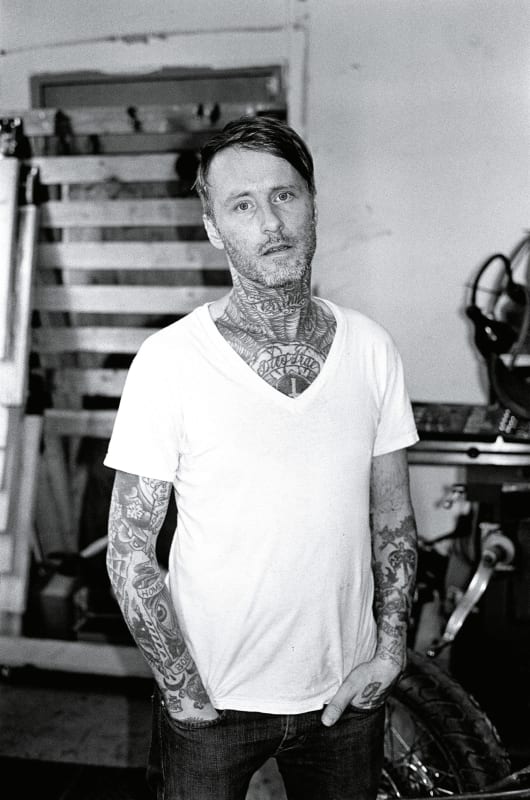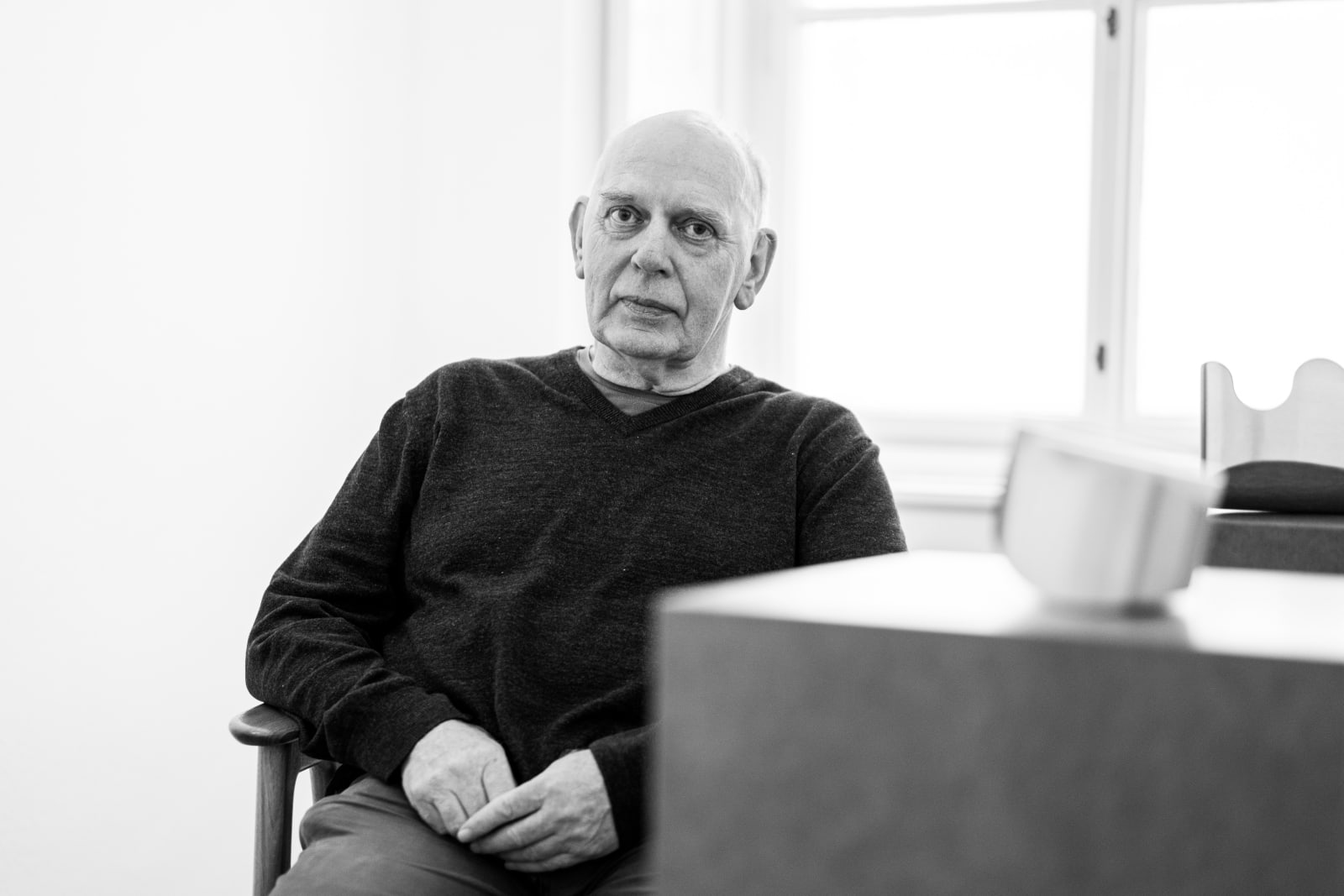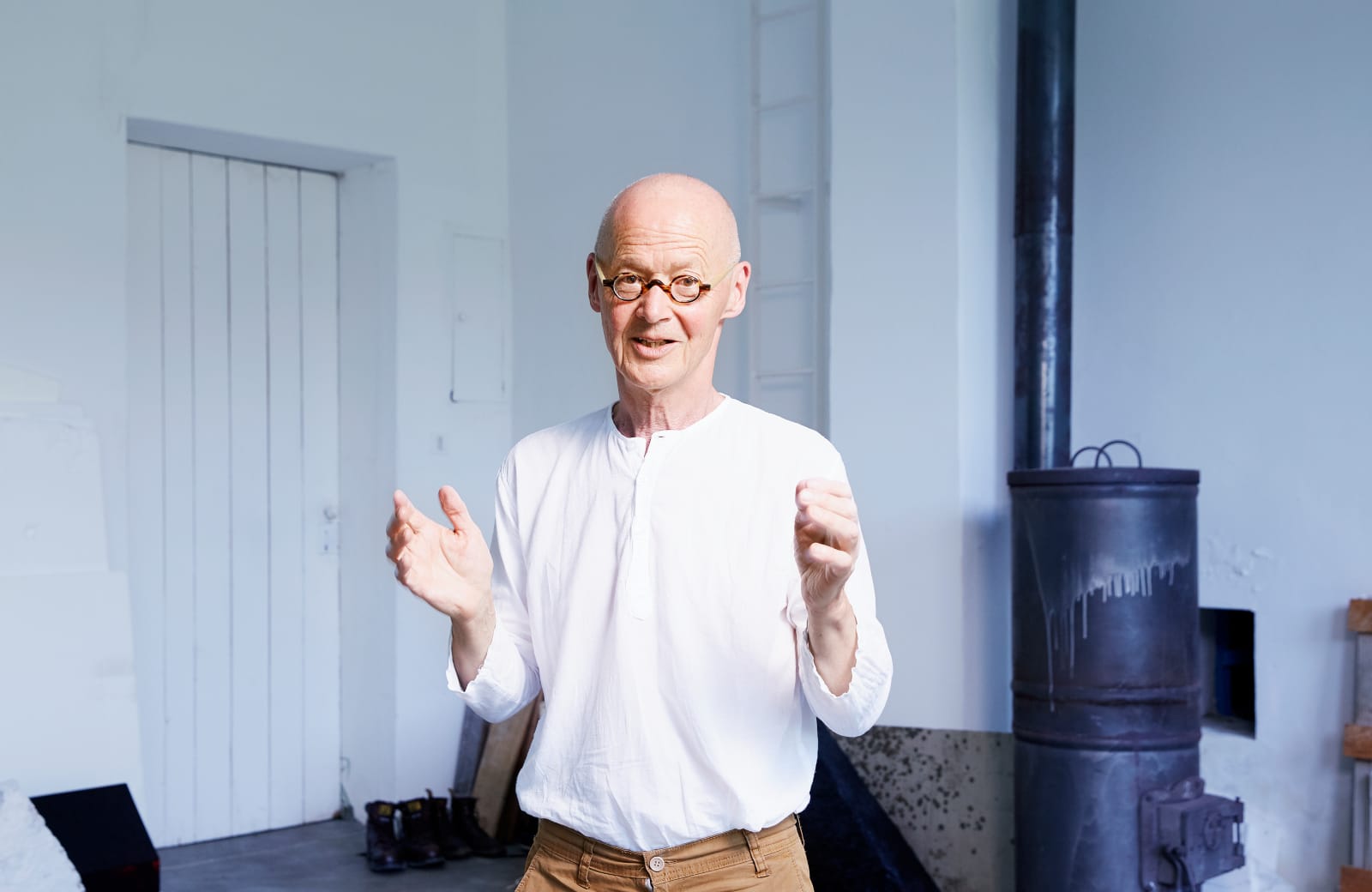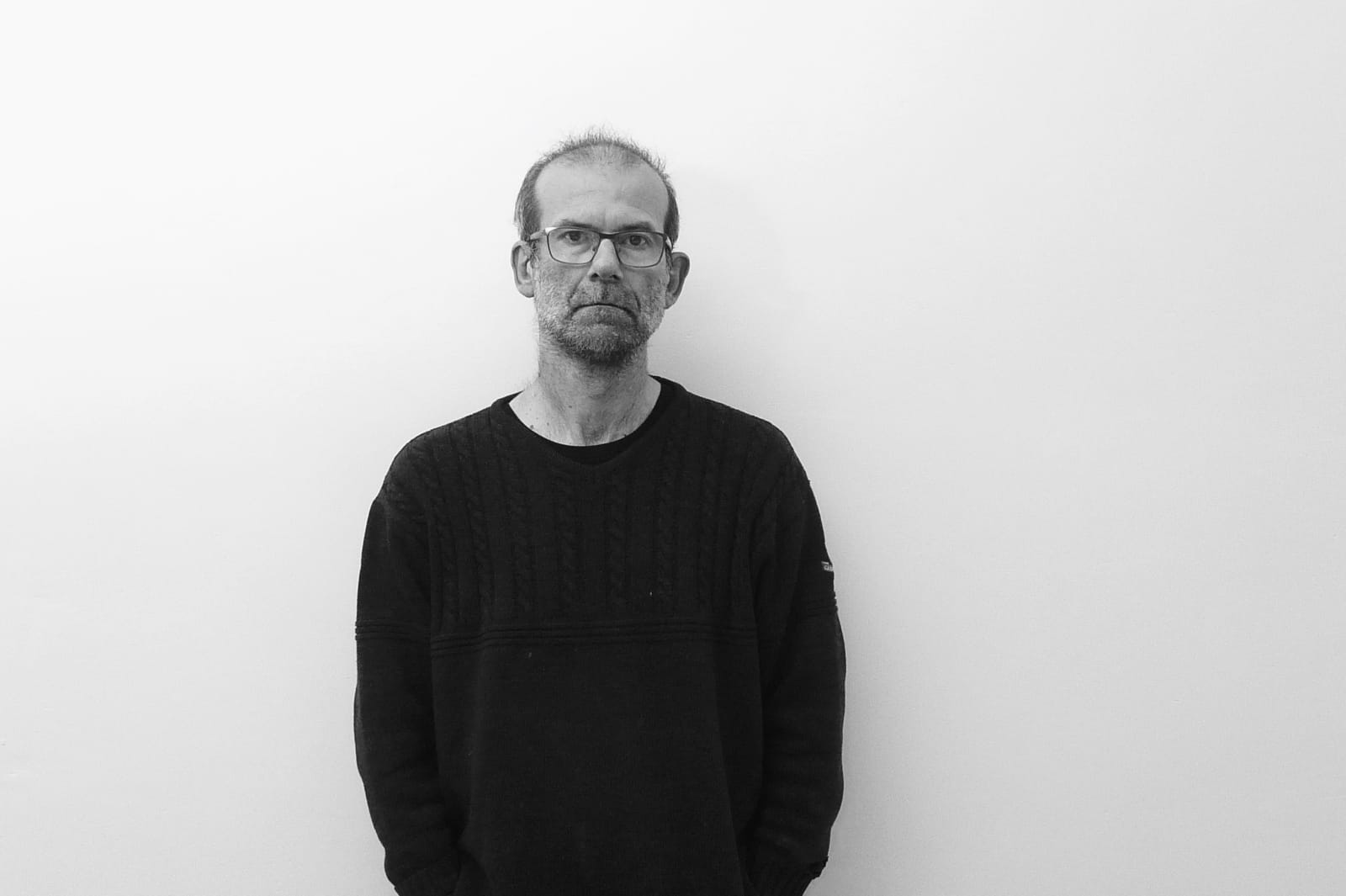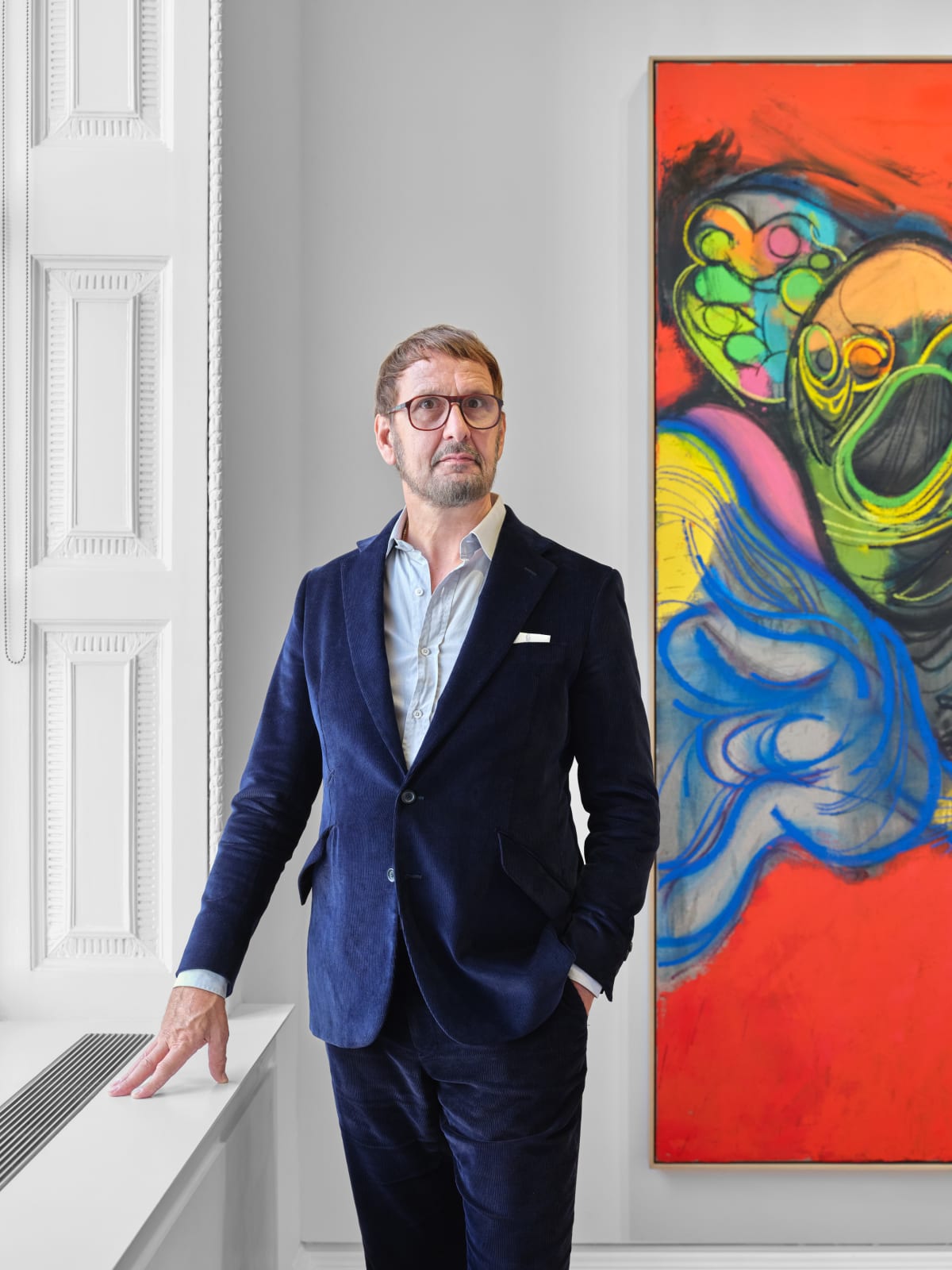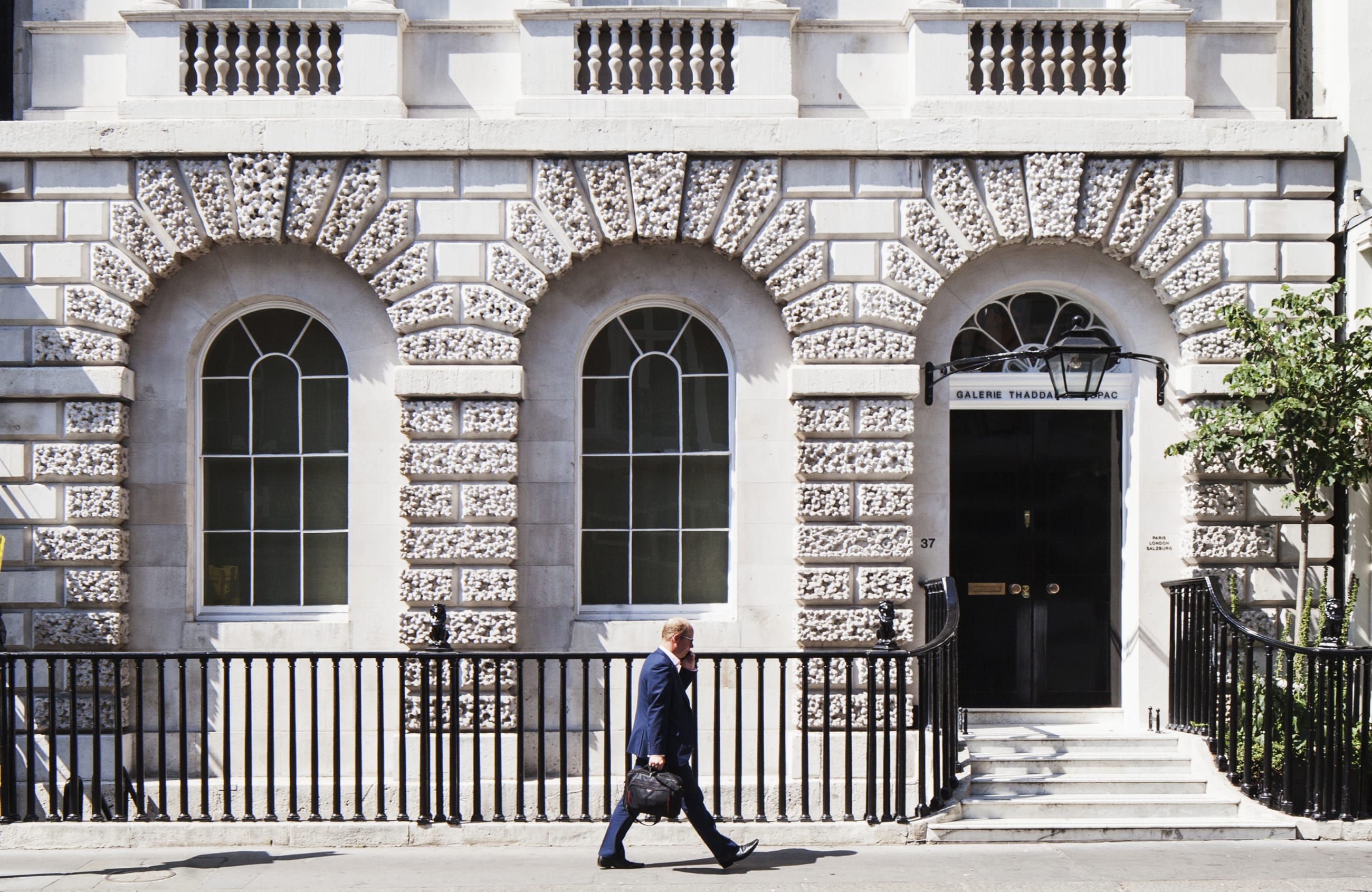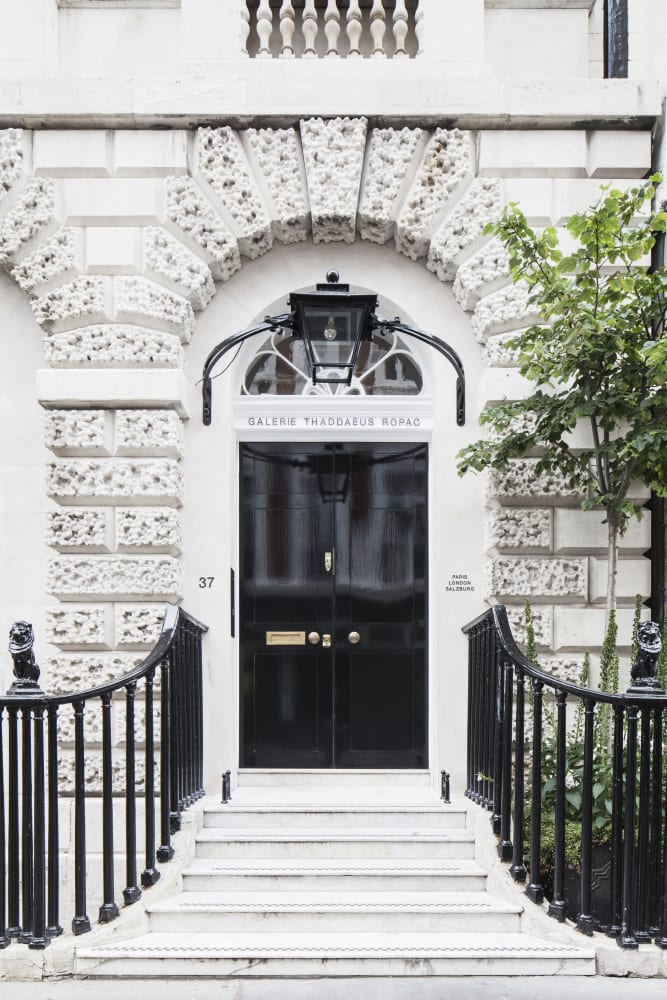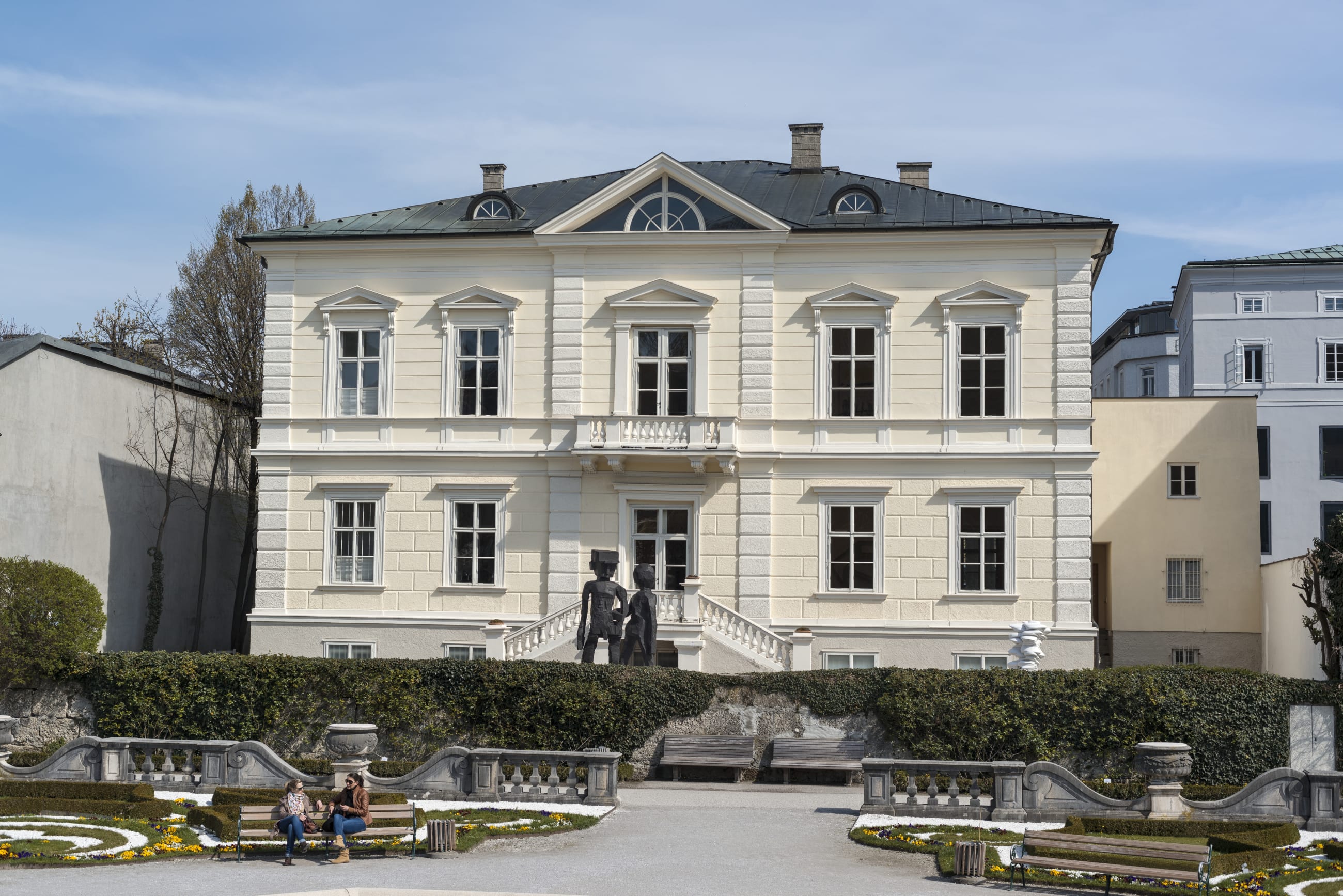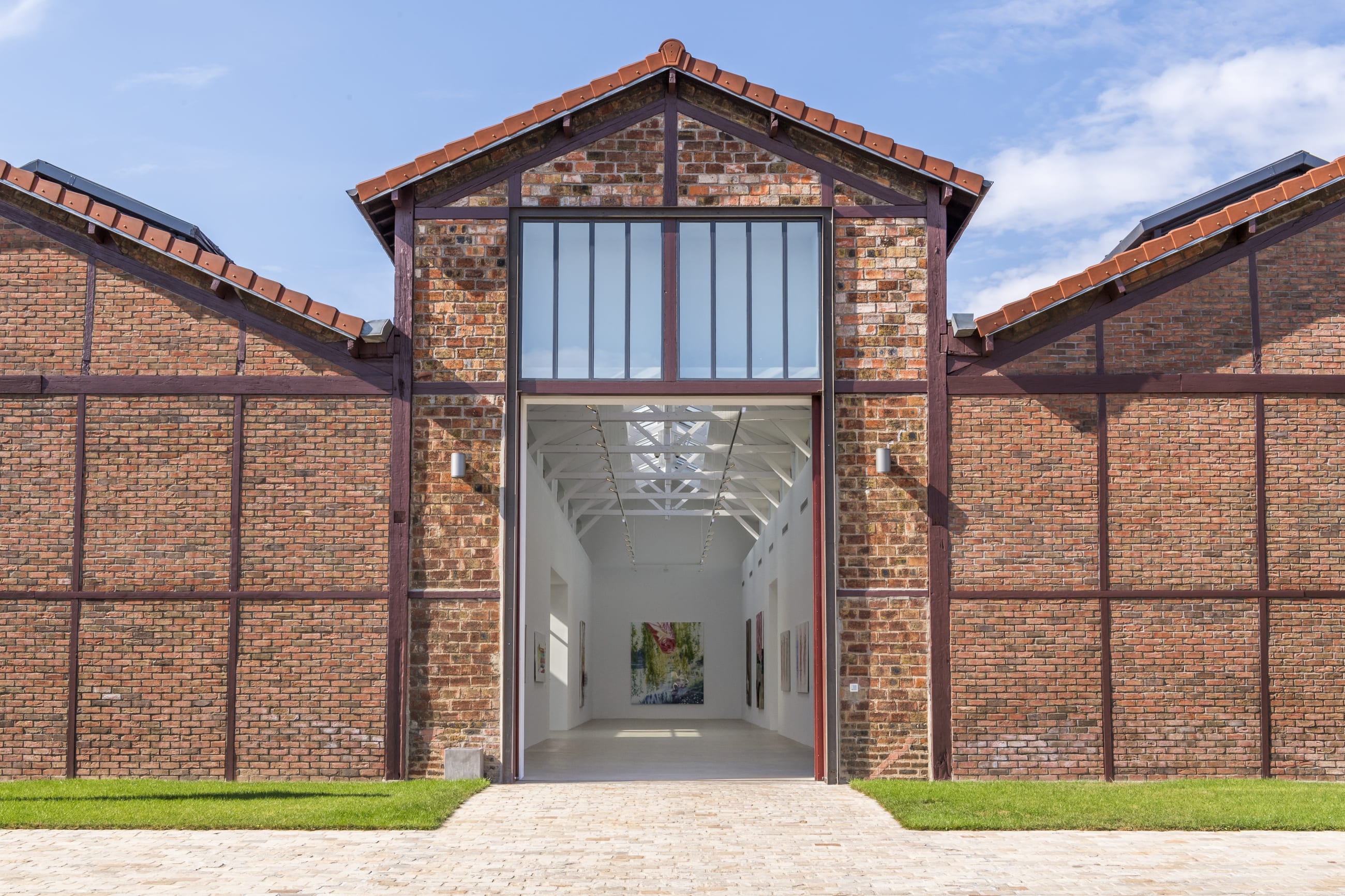The Kabakovs are still 'Back in the U.S.S.R' with a diversion to Paris Judith Benhamou reports on their newest installation in the Centre Pompidou
By Judith Benhamou
In September 2025 the Centre Pompidou is due to close its doors for the next five years. Yes, the building is in need of substantive restorations, but the news of such a long disappearance from the French art landscape of its emblematic institution has sent art lovers, quite understandably, into a state of shock. So before it’s too late, why not visit or revisit this French gem for a tour of the permanent collections of contemporary art. (...)
The final episode of the Centre Pompidou's feast of monumental installations is a new one. The Kabakovs, husband and wife duo Emilia (born in 1945) and Ilya (1933-2023), who created their artworks together, probably share one of the best known names in Russian contemporary art, but today they are American. They recently donated a series of five monumental works to the Centre Pompidou which, as usual, implicitly critique Russian totalitarian society, in this case from bygone days.
Against a baroque musical score, classical religious images are juxtaposed with reproductions of Russian photos from the 1950s that resemble souvenirs, appearing with a flash. 'A temple telling history,' explains Emilia Kabakov, who talks to us about her choice to add a piece of music that creates a more solemn atmosphere, written by Venetian baroque composer Albinoni.
People are often unaware of it but Paris already has an extraordinary monumental installation by Ilya Kabakov dating from 1987: Cuisine Communautaire (The Communal Kitchen). This kind of giant communist readymade is housed in the basement of the Musée Maillol in the district of Saint-Germain des Près. For now it is resting, inaccessible to the public.
Emilia tells us that Dina Vierny (1919-2009), well known for being the most famous model for the sculptor Maillol, dug down 8 metres deep to install the Cuisine Communautaire in the heart of her then-new institution. It is a sort of time capsule 'from a time when people from the USSR were forced to live together in shared apartments. Each family was forced to give at least one bedroom to the community and everyone used the same bathrooms and the kitchen.'
The installation features an ensemble of everyday objects gathered by Ilya from Russia, with trivial texts and short extracts from conversations uttered in these shared kitchens 'by people who didn’t want to live together. They hated each other but ultimately there was a great deal of solidarity,' concludes Emilia Kabakov, who likes to recall how one of the family’s housemates, a prostitute by trade, saved Emilia’s father from the clutches of the KGB.
That was another time, another Russia, brought back to life by the Kabakovs.













